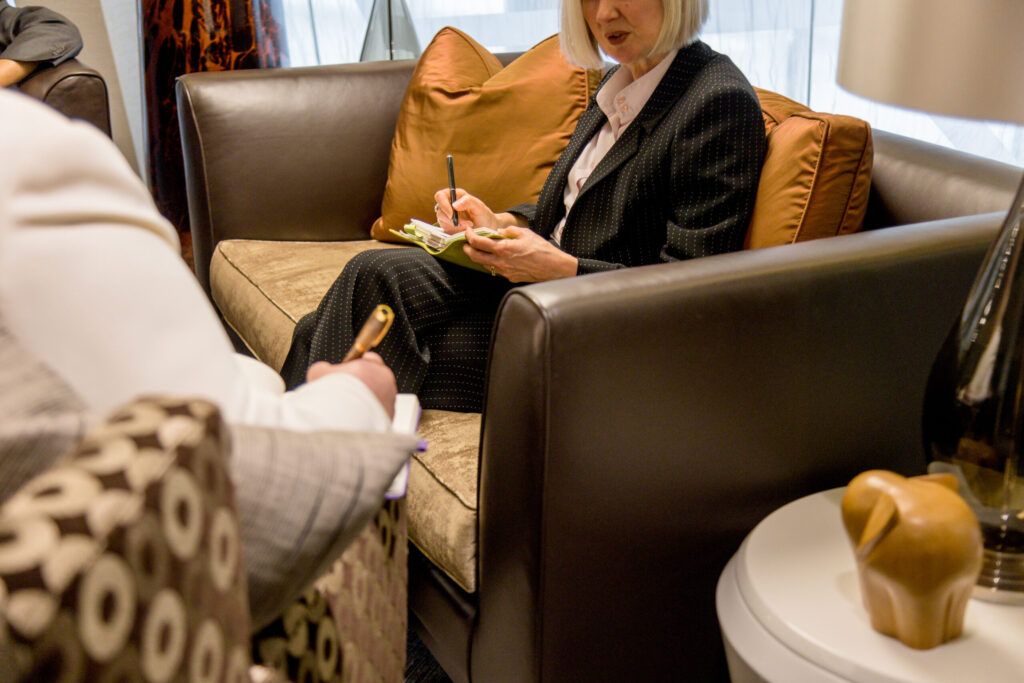Case Study: Executive Coaching and Leadership Development
How one client found coaching a cost-effective alternative to training and standalone development activities.

THE CLIENT:
G came to me as a senior manager in a medium-sized professional organization. Successful in her career and has achieved a great deal by way of professional and financial success, G was looking for an effective way to develop her skills and management capability further and had been recommended coaching.
THE REQUIREMENT:
To identify areas in which G felt that she was particularly strong and effective as well as those that she wished to improve with the aim of providing intensive development, tailored to what G needed to further enhance her performance.
WHAT WE DID:
Using a range of 1:1 coaching techniques including cognitive behavioural coaching and positive psychology over a 3 month period, I helped G to clearly identify key areas for development. Using a combination of coaching and mentoring techniques combined with psychometrics to challenge and develop her perceptions and skill set. We shaped and implemented a series of interventions specifically addressing areas including interpersonal confidence and resilience, developing advanced communications skills and improving her people motivation and management skills.
THE RESULTS:
Even the most successful people, with outstanding professional histories, carry old stories and experiences in their minds that influence the way they perceive situations and behave with others. One of the most commonly shared (and flawed) beliefs is that simply spending time on something will generate positive results.
G recognised that her beliefs and behaviours in particular situations were being influenced by experiences in her earlier career and were no longer as effective in her current role. Her ability to draw on a wider range of skills and ways of looking at a situation has added significant value to her organization and she is able to explore opportunities within her role more confidently and recognizes how her own personality and approach influences expectations and outcomes.
She is aware of the potential effects of overplaying her strengths and has been able to explore the impact of different leadership approaches in a safe, supportive and unbiased environment.
Her staff have a clearer understanding of her goals and vision and report feeling more engaged and involved.

